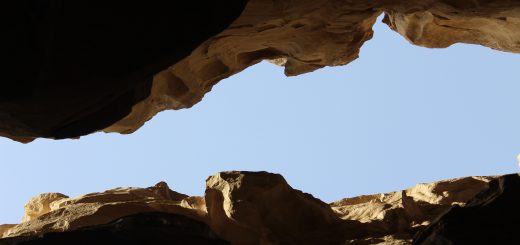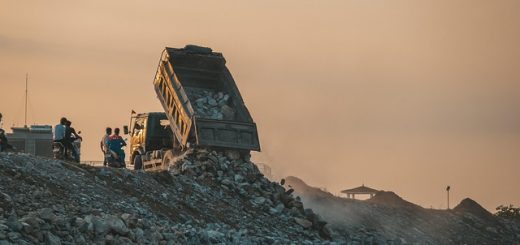Research gap in urban hydrogeology
Urban hydrogeology is a complex and evolving field that deals with the study of groundwater in urban areas. While there have been significant advancements in urban hydrogeology research over the years, several research gaps and challenges still exist. Here are some potential research gaps in urban hydrogeology, along with relevant references:

- Urbanization Impact on Groundwater Quality: As cities expand, land use changes can have significant impacts on groundwater quality due to increased pollution sources. Research should focus on understanding the specific contaminants, their sources, and the mechanisms affecting groundwater quality in urban areas (Banks et al., 2017). Reference: Banks, E. W., Taylor, R. G., & Trowsdale, S. A. (2017). Groundwater Quality and Quantity in Urban Environments: Implications for Sustainable Infrastructure. Hydrogeology Journal, 25(4), 1095-1098.
- Urban Heat Island Effect on Groundwater Resources: Urban areas often experience the urban heat island (UHI) effect, which can impact groundwater recharge rates and aquifer temperatures. Research should investigate the interactions between UHI and urban hydrogeology, including its effects on groundwater resources (Peters et al., 2020). Reference: Peters, A. J., Allen, D. M., & Cuthbert, M. O. (2020). Urban Heat Island Effects on Groundwater Temperature. Environmental Science & Technology, 54(2), 1094-1102.
- Subsurface Infrastructure and Groundwater Flow: Underground infrastructure, such as tunnels, subways, and basements, can alter groundwater flow patterns and potentially lead to contamination. Research should examine the interactions between subsurface infrastructure and groundwater flow in urban environments (Ward et al., 2018). Reference: Ward, A. S., Fan, Y., & Maxwell, R. M. (2018). Impacts of Subsurface Infrastructure on Urban Groundwater. Environmental Science & Technology, 52(18), 10485-10494.
- Urbanization and Groundwater Depletion: Rapid urbanization can lead to increased groundwater abstraction for drinking water and industrial use. Research should assess the sustainability of groundwater resources in urban areas and explore strategies for mitigating overexploitation (Tiwari et al., 2015). Reference: Tiwari, V. M., Wahr, J., & Swenson, S. (2015). Dwindling Groundwater Resources in Northern India, from Satellite Gravity Observations. Geophysical Research Letters, 42(5), 1637-1643.
- Modeling and Predicting Urban Groundwater Behavior: Developing accurate predictive models for urban groundwater flow, contamination transport, and aquifer response to urbanization is essential. Research should focus on improving modeling techniques to better manage urban groundwater resources (Soltani et al., 2019). Reference: Soltani, S. S., Zare, M., & Amin, M. S. M. (2019). Urban Groundwater Modeling: Challenges and Recent Advances. Groundwater for Sustainable Development, 9, 100241.
- Urban Groundwater Governance and Policy: Effective governance and policy frameworks for urban groundwater management are crucial. Research should explore governance structures, regulations, and policies that promote sustainable groundwater use and protection in urban areas (Alley et al., 2017). Reference: Alley, W. M., Clark, B. R., Eychaner, J. H., & William Moore, G. (2017). Sustainability of Ground-Water Resources. U.S. Geological Survey Circular, 1186.
These research gaps highlight the need for a multidisciplinary approach in urban hydrogeology to address the complex challenges arising from urbanization and groundwater management in urban areas. Researchers and policymakers can work together to advance our understanding of these issues and develop sustainable solutions.



